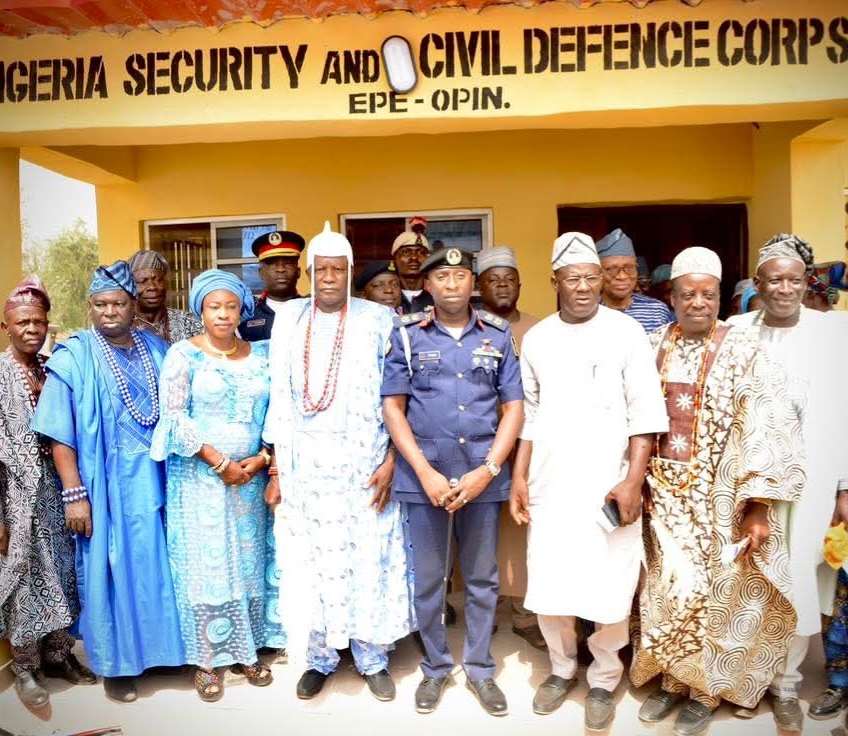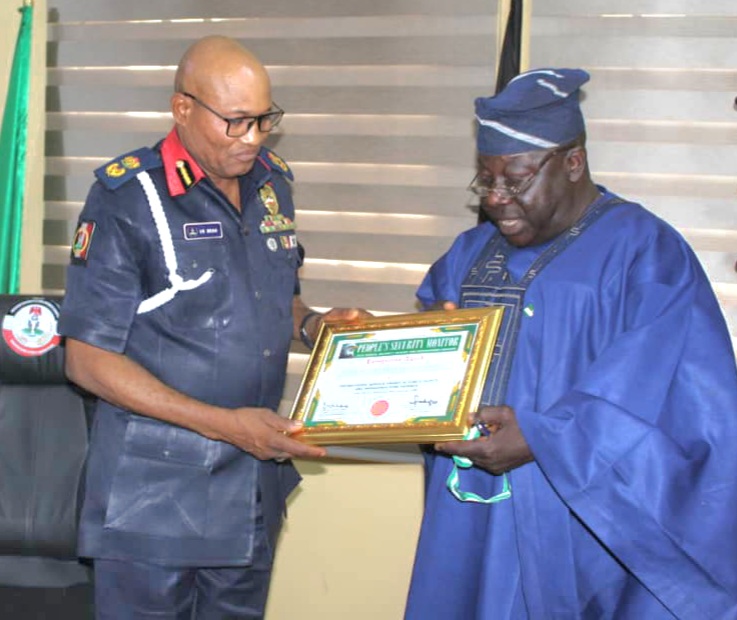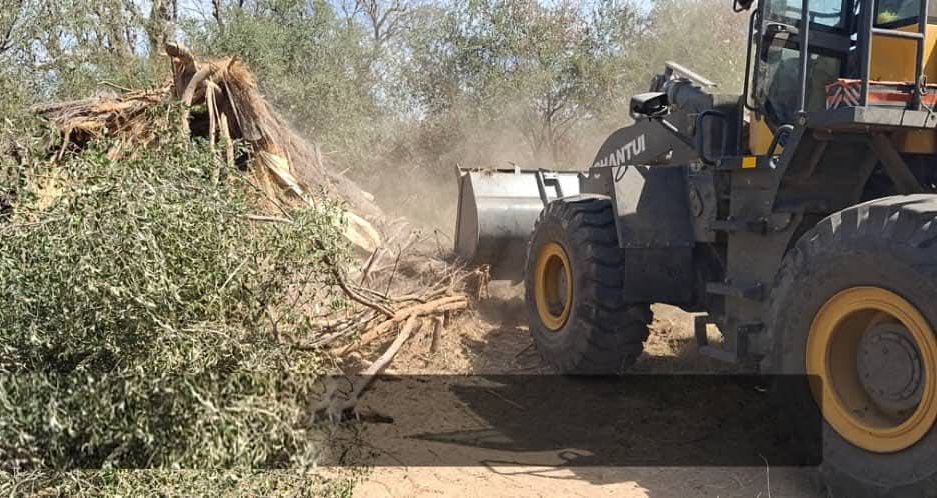
By Isiaka Mustapha, CEO/Editor-in-Chief, People’s Security Monitor
For years, Benue State, once fondly known and revered as Nigeria’s “Food Basket of the Nation,” has found itself in the grip of endless violence. From the fertile plains of Guma to the riverine communities of Agatu, countless lives have been ruined in a conflict that has evolved from resource competition into a complex web of reprisal killings, militia incursions, and ethnic tension.
As the wanton killings and destruction keep escalating, and communities fracture under fear, one question remains urgent: What will it take to halt the killings in Benue State?
What initially appeared as simple clashes over grazing routes between farmers and nomadic herders has evolved into a far more complex and violent conflict. A combination of climate-induced resource scarcity, rapid population growth, tax law enforcement, and wide spread arms proliferation has transformed Benue into one of the most volatile regions in Nigeria’s Middle Belt. The situation is further worsened by the rise of ethnic nationalism, opportunistic criminality, and persistent of political neglect.
Although herder-farmer conflicts still serve as the primary trigger in many instances, the nature of the violence has changed. Organized armed groups, now operating with sophisticated weapons, frequently launch attacks on unarmed villages, leaving behind devastation, widespread displacement, deep trauma, and lingering mistrust.
Security agencies have often arrived after the blood has dried. In many rural parts of Benue, the lack of permanent security outposts has emboldened attackers. Sporadic patrols and delayed responses are no match for the speed and precision with which these assaults are executed.
Experts argue that halting the killings will require a fundamental shift from reactive policing to community-rooted, proactive security infrastructure.
“We cannot continue to set up checkpoints only after an attack,” says Dr. Tyokyaa Ameh, a conflict analyst based in Makurdi. “We need embedded presence, intelligence-led surveillance, and permanent Forward Operating Bases (FOBs) in vulnerable LGAs like Logo, Gwer West, Guma, and Agatu.”
Such bases must be supported with real-time drone surveillance, community vigilante integration, and swift communication systems. Benue’s terrain requires localized strategies, not a one-size-fits-all military doctrine.
Across the state, peacebuilders, NGOs, and local leaders are calling for a non-kinetic approach that emphasizes reconciliation, dialogue, and social justice. In areas like Otukpo and Gboko, peace committees have helped defuse tensions by bringing together youth groups, traditional rulers, and religious leaders.
“There must be accountability, certainly, but there must also be room for forgiveness,” says Rev. Fr. Solomon Ukeyima, director of a trauma centre for displaced families. “We have to break the cycle of revenge.”
A rural development initiative modeled after the Marshall Plan could help tackle the root causes of the conflict. Ensuring access to water, establishing clear pasture routes, and providing secure land titles would help reduce common triggers of violence. Additionally, empowering agro-rangers under the NSCDC to safeguard farmlands without resorting to heavy militarisation also offers a promising, community-centered solution.
Another critical factor in either fueling or de-escalating the crisis is the media. Social media, in particular, has become a hotbed for hate speech, fake news, and incitement. One viral video or tweet can trigger retaliatory violence. As such, conflict-sensitive journalism must be mainstreamed in Benue.
Community radios, town hall forums, and digital influencers should be harnessed to promote peace education, share stories of coexistence, and celebrate interethnic cooperation. The stories we tell matter just as much as the policies we enact.
Despite repeated condemnations and commissions of inquiry, few attackers have been prosecuted. Impunity festers where justice fails.
The Benue State government must collaborate closely with federal institutions, rather than operate in isolation or competition. Adequate funding for state-led policing efforts, enhanced coordination with the military, and the transparent prosecution of offenders are essential to demonstrate that violence will not go unpunished.
In addition, internally displaced persons (IDPs) cannot be abandoned in uncertainty. A comprehensive roadmap must include long-term resettlement, livelihood restoration, and psychosocial support. Failing to address displacement risks entrenching despair and fueling further radicalization.
Stopping the killings in Benue is not impossible, but it demands urgency, sincerity, and strategy. It requires a three-pronged approach:
- Security reform rooted in community intelligence and permanent presence.
- Non-violent conflict resolution and inclusive rural development.
- Political accountability, legal justice, and peace-driven storytelling.
This is not just a Benue problem; it is a national emergency with implications for Nigeria’s unity and future.
Until there is peace in Guma, there will be no true peace in Nigeria’s Middle Belt. Until justice is served in Agatu, the wound will not heal.
The people of Benue have lost too much. Now is the time to act—not with empty condolences or reactive gestures, but with lasting solutions, collective courage, and a vision that values every Nigerian life.





